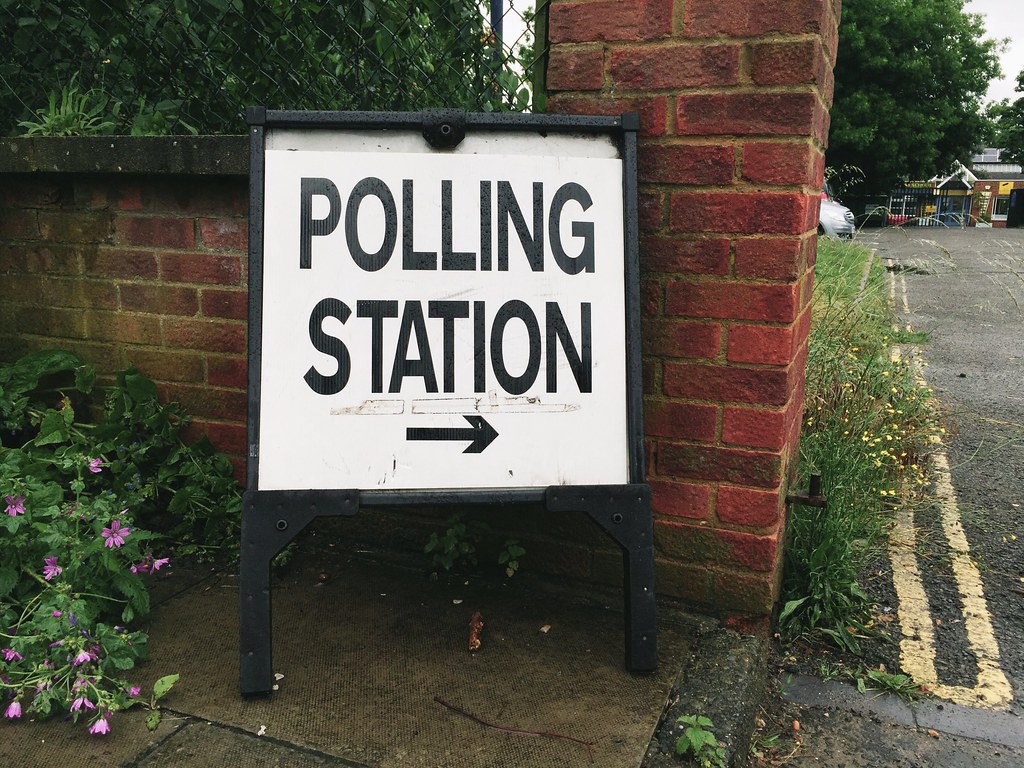After the Brexit, maybe a Nexit? Posted by Sten on Jun 27, 2016 in Culture, Dutch Vocabulary, News
The people of the United Kingdom have decided: they want to leave the European Union (EU). This is also referred to as the Brexit, a combination of Britain and exit. But what does this mean for other countries in Europe, what about the Netherlands? Will there be a Nexit?
The Brexit
Even though many outlets and economic analyses have shown that leaving the EU is not beneficial at all for the UK, 52% still voted to leave. The main reason that the leave-campaign gained such a large following was because people were fed up with the EU, or rather the technocrats at all levels regulating their lives. So mostly, it was a protest vote.
People did not, however, realize what this means for them. A huge economic downfall, no longer free movement rights within the EU, no longer a European connection that ensures peace… There is so much more. Let’s just indulge in John Oliver’s breakdown of it all:
What do the Dutch say?
Regardless what the British did, let’s have a look at the Dutch. A term created for the Dutch leaving the EU is Nexit, a combination of Netherlands and exit. Is that even on the table?
Famous Dutch opinieleider (opinion leader) Maurice de Hond stated that een meerderheid voor een Nexit niet onmogelijk is (a majority for a Nexit is not impossible). He said:
„Mocht in Nederland wel een referendum over Nexit gehouden worden dan valt het te verwachten dat -net zoals in Engeland- de opkomst onder lager opgeleiden relatief hoog zal zijn. En in dat geval zou een meerderheid voor Nexit goed mogelijk zijn, terwijl dat uit de peilingen Nederland, niet af te leiden is!”
(“If a referendum were to be held in the Netherlands about Nexit then it may be expected – just like in England – that the turnout among the lower educated will be relatively high. And in that case a majority for Nexit is definitely possible, even though that is not derivable from the Dutch polls!”)
RTL Nieuws asked 500 Nederlanders why they would vote in favor or against leaving the EU. 56 percent was against leaving, 30 percent in favor. Here are the most important reasons for why people think that way (below the English translation):
Belangrijkste reden tegen vertrek van Nederland uit de Europese Unie:
- Het ideaal van de Europese eenwording, samenwerking, vrede en veiligheid (34 procent).
- Gemak van één munt en vrij reizen naar EU-landen (20 procent).
- Sterker staan tegenover andere wereldmachten (zoals VS, Rusland, China), bedrijven en grensoverschrijdende misdaad (15 procent).
- Makkelijker importeren en exporteren naar EU-landen (13 procent).
- Grensoverschrijdende problemen (bijv. milieu) effectiever aanpakken (7 procent).
- De Europese integratie is al zo ver, dat het belachelijk zou zijn om nu nog af te haken (6 procent).
- Positie Rotterdamse haven en Schiphol behouden (2 procent).
- Makkelijker tekorten op de arbeidsmarkt aanvullen (1 procent).
Belangrijkste reden voor vertrek van Nederland uit de Europese Unie:
- Minder geld afdragen aan de Europese Unie (22 procent).
- Nederland moet zelf zijn eigen wetten en regels maken (20 procent).
- Minder immigratie (12 procent).
- Geen vertrouwen in andere EU-lidstaten (12 procent).
- Ik heb geen goed gevoel bij deze organisatie (10 procent).
- Controle over de eigen landsgrenzen (9 procent).
- Minder regels uit Brussel (8 procent).
- Liever betalen met de gulden (7 procent).
Most important reason against exit of the Netherlands from the European Union:
- The ideal of European unity, collaboration, peace and security (34 percent).
- Ease of one currency and free travel to EU countries (20 percent).
- Standing stronger against other world powers (such as the US, Russia, China), companies and cross-border crime (15 percent).
- Easier importing and exporting to EU countries (13 percent).
- Tackling cross-border problems (e.g. environment) more effectively (7 percent).
- The European integration is already so far, that it would be ridiculous to still leave now (6 percent).
- Keeping the position of the Rotterdam port and Schiphol (Amsterdam Airport) (2 percent).
- Filling deficits on the labor market more easily (1 percent).
Most important reason in favor exit of the Netherlands from the European Union:
- Paying less money into the European Union (22 percent).
- The Netherlands has to make its own laws and rules (20 percent).
- Less immigration (12 percent).
- No confidence in other EU Member States (12 percent).
- I don’t have a good feeling with this organization (10 percent).
- Control over own country borders (9 percent).
- Fewer rules from Brussels (8 percent).
- Preferring to pay with the gulden (the Dutch currency before the euro) (7 percent).
Can a Nexit referendum even be held?
Wouter de Winther says that at the moment, some parties are in favor of a Nexit referendum, but in general, there is geen draagvlak in Den Haag (no support in The Hague (the political centrum of the Netherlands)).
At the moment, the Dutch law only allows a referendum, or Volksraadpleging (people’s consultation) on new laws and rules. Since the Netherlands is already a member of the European Union, such a referendum cannot be held, because leaving the EU would not be a new law. Some parties, such as the Socialistische Partij (SP) (Socialist Party) say that the people do not want out of the EU, they want a changed EU. Therefore, the partij wants to work towards a new European Treaty, and let the people vote on such a treaty.
And even if, the Dutch premier (Prime Minister) Mark Rutte doesn’t think that holding a referendum is a good idea, especially not about afspraken (agreements) with other countries. However, a petition can request a referendum, if enough people sign it. This happened earlier with the EU treaty with Ukraine, the so-called Oekraïne-referendum. But it would not be likely.
What do you think? Let us know in the comments below or send us a message on Facebook, by clicking on the button below!

Build vocabulary, practice pronunciation, and more with Transparent Language Online. Available anytime, anywhere, on any device.
About the Author: Sten
Hi! I am Sten, both Dutch and German. For many years, I've written for the German and the Dutch blogs with a passion for everything related to language and culture. It's fascinating to reflect on my own culture, and in the process allow our readers to learn more about it! Besides blogging, I am a German-Dutch-English translator, animator and filmmaker.







Comments:
Peter Simon:
A good summary, shows arguments from both sides. But just as Wilders was sidelined at the last elections despite some feelings to the contrary, he won’t make much out of this situation either. Actually, there is no situation here, I think. These people are a lot more integrated than the problematic Brits, too many of whom are still thinking in their own “island politics”. They will get it: this all will lead them to Little Britain if they can’t turn this back. Pathetic majority there.